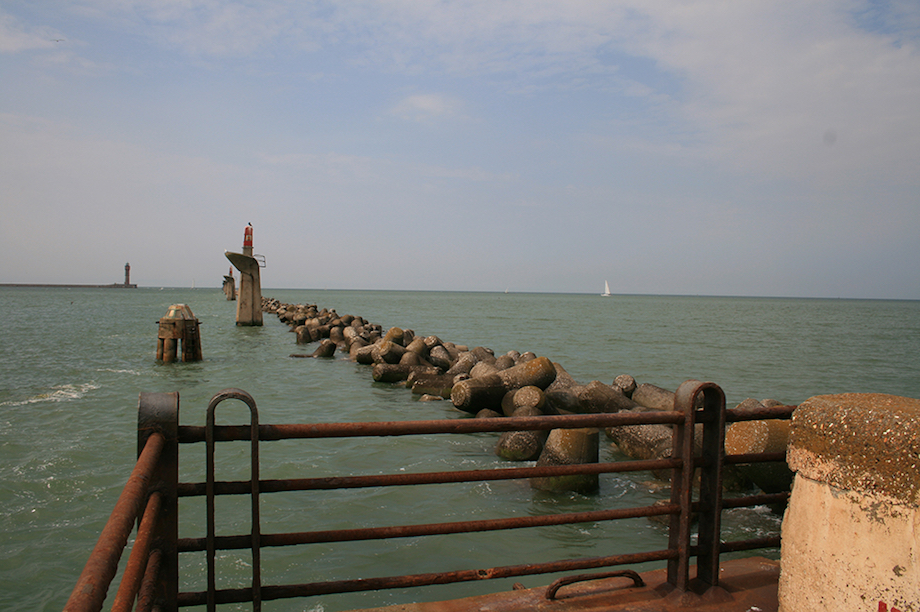Under the PPE, France aims to boost its onshore wind fleet to 33.2-34.7GW and its offshore wind capacity 5.2-6.2GW by 2028 ŌĆö as announced in a draft plan published in January.
The energy transition ministry also aims to boost social acceptance of onshore wind by encouraging repowering of sites and ensuring a more balanced geographic spread of wind farms.
It aims to boost renewableŌĆÖs share of electricity production to 40% by 2030 ŌĆö up from 20% in 2018.
The PPE does not address France's long permitting procedures, during which developers cannot update their project plans to use the latest, more efficient turbines.
France's wind and renewable energy associations welcomed confirmation of the energy plan, but warned that the government must respect the tender schedule outlined inthe PPE.┬Ā
Auction calendar
The energy ministry ministry set out an auction schedule including biannual 925MW onshore wind tenders to be held from 2021 through to 2024. An auction schedule for beyond 2024 has not yet been confirmed.
There will also be an auction to build a 1GW fixed-bottom offshore wind farm in the North Sea in 2020, with a target price of Ōé¼60/MWh ŌĆö above the Ōé¼45/MWh price in last yearŌĆÖs tender for a 600MW site off Dunkirk.
France also plans to auction a 500MW-1GW site off its south Atlantic coast, possibly off the island of Ol├®ron, with a target price of Ōé¼60/MWh, and then an unspecified 1GW site in 2023, with a target price of Ōé¼50/MWh.
It aims to become a ŌĆ£world leaderŌĆØ in floating offshore wind, first offering a 250MW site off south Brittany in 2021, with a target price of Ōé¼120/MWh, and then two 250MW projects in the Mediterranean in 2022, when it sees prices falling to Ōé¼110/MWh.┬Ā
From 2024, France plans to award 1GW of offshore wind project extensions per year ŌĆö fixed-bottom or floating ŌĆö to leverage existing projectŌĆÖs grid connections.
The ministry added that auction volumes could be increased if average strike prices are lower than anticipated reference prices.
Onshore acceptance
To boost social acceptance of onshore wind, the ministry said it will make it compulsory to recycle wind turbine materials after dismantling from 2023.
It added that foundations must be completely excavated during the dismantling of old wind farms, and that it will encourage repowering existing sites with more efficient turbines.
The ministry plans to make proposals later this year to ensure onshore wind development is ŌĆ£more balancedŌĆØ geographically across the country, it added.
Welcome certainty
FranceŌĆÖs wind energy association (FEE) and renewable energy association (SER) welcomed the publication of the PPE - unchanged since an updated draft was issued in January - but warned that any deviations from the outline tender schedule could harm French clean energy companies.
FEE highlighted that all development and construction activities have been paused during the coronavirus pandemic.
In separate statements, both FEE and SER suggested that in light of this slowdown, administrative procedures should be fast-tracked to enable under-development projects to proceed to construction.
ŌĆ£(The PPE) constitutes a fundamental element for the revival of economic activity in our country and our territories,ŌĆØ said SER president Jean-Louis Bal.
ŌĆ£But we will have to all be very attentive to the means implemented to reach the set objectives on time.ŌĆØ




.png)
HR.jpeg)
.png)








